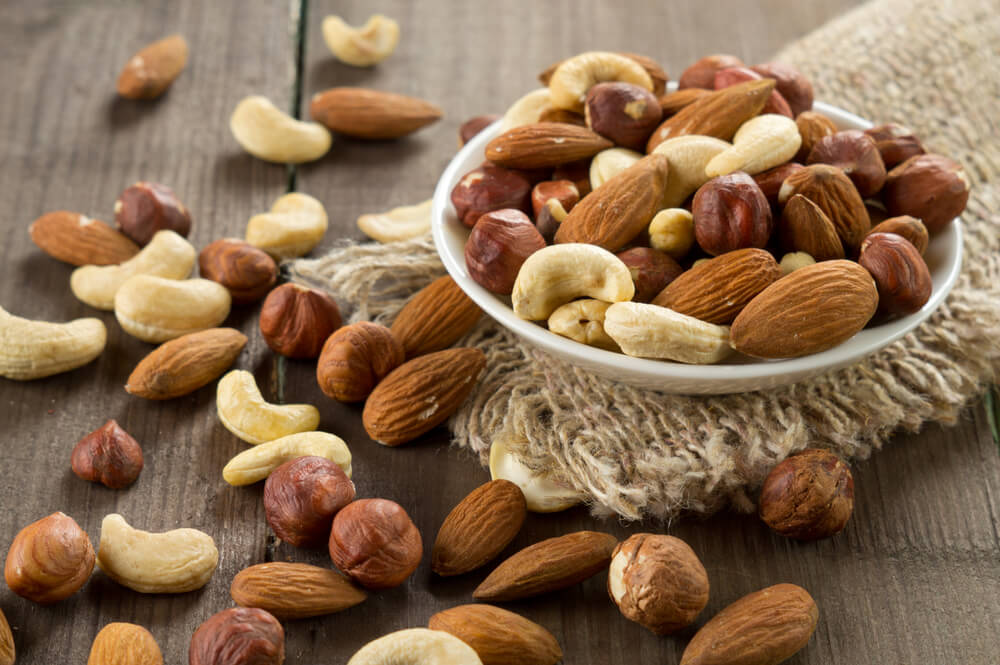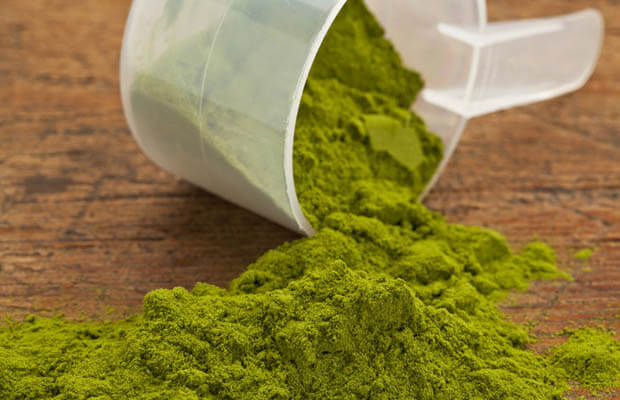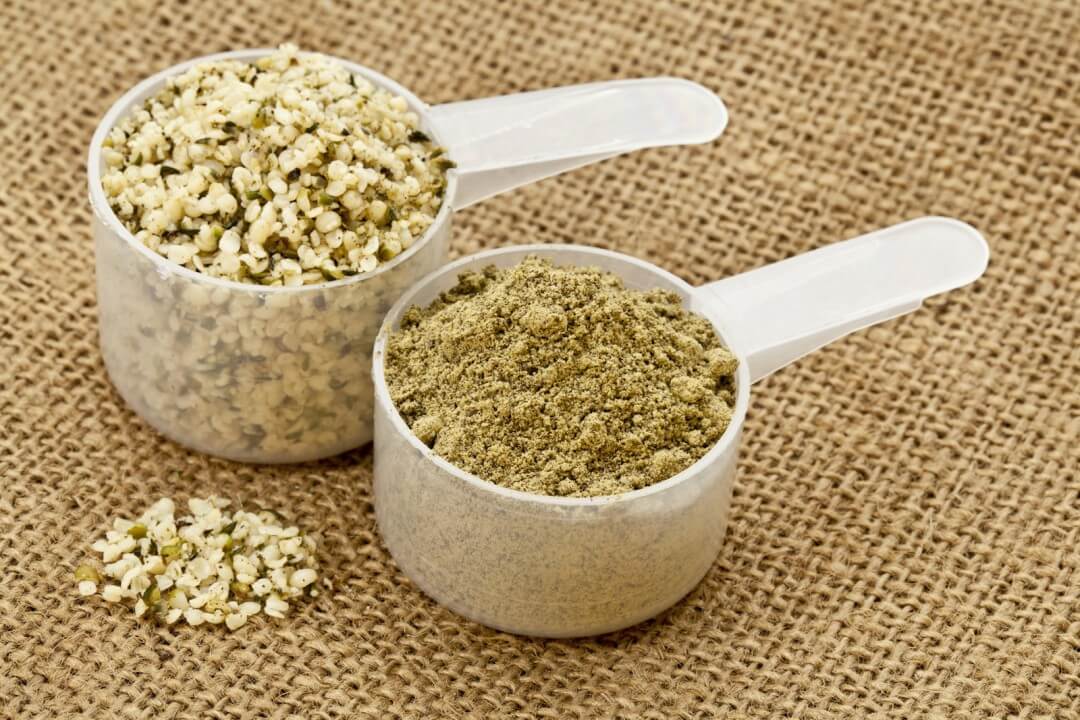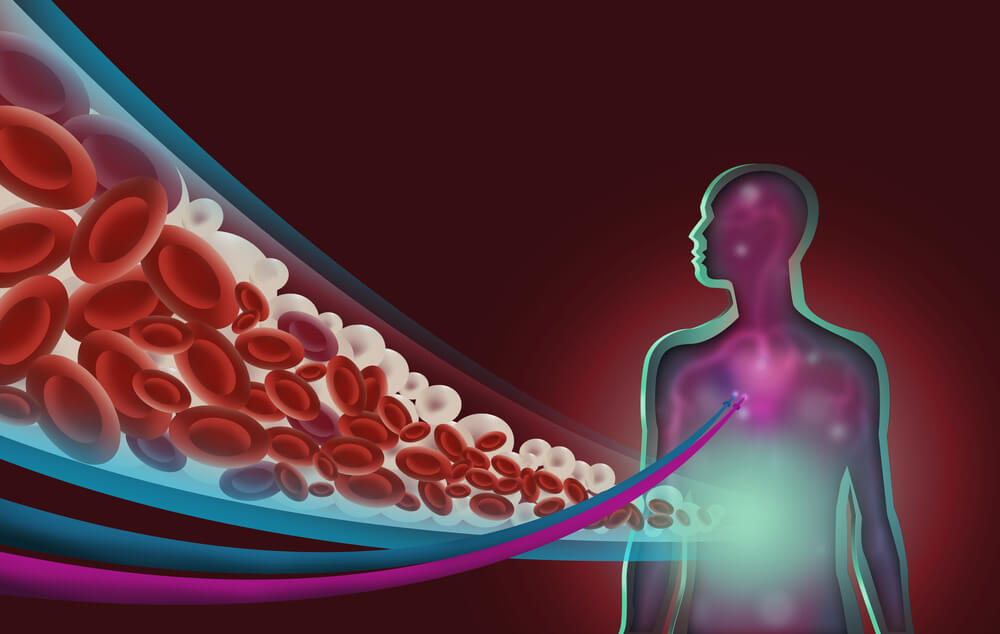If you’re like most, you don’t know much about hemp protein. Rest easy. We’ll correct that. We’ll tell you all about its origins, benefits and more. Why? Knowledge is power.
With all the various types of protein products out there, it can make your head spin trying to decide which one is best suited to your needs and goals. One thing that can’t be denied is its importance.
Whether you go for the most expensive protein powder.or the best tasting protein shake, it’s important.
Protein is one of three major macronutrients needed in our diet. The other two are fats and carbs. Protein is found in your hair, skin, muscle, bone and basically every tissue in the human body. There are over 10,000 various types of proteins throughout the body.
Not only that, but protein is a vital part of muscle growth and maintenance, as well as bone health. Still, few people recognize that protein is also essential in manufacturing enzymes, hormones, and other body chemicals. It plays a very important role in the overall health of your body.
It is vital that you get the proper amount of quality protein in your daily diet. How much you actually need is based on many factors. The factors include whether you are male or female, your height and weight, as well as your activity level.
In general, an average adult male requires at least 56 grams per day. The average adult female requires 46 grams per day of protein. Protein intake should be adjusted to a 25% increase for pregnant women, those who compete aggressively in sports and those who are involved in weightlifting and any other highly demanding activities.

Sources Of Protein
It can be quite easy to meet your daily protein requirements. After all, there are many sources of protein. Even if you are on a nutrition plan where animal products are restricted or omitted, such as veganism or vegetarianism, there are definitely many great sources of plant protein to sustain your dietary needs.
These include such things as nuts and seeds. If you would like to get your protein intake through seeds, you could try chia seeds, hemp seeds, and flax seeds. If you’d prefer to get it through nuts, try almonds, Brazil nuts, cashews, and walnuts.
No doubt some tasty options!
They are also even considered one of the best supplements for lean muscle.
Plant based protein can also be found in lentils, navy beans, great northern beans and garbanzo beans (chick peas). Another source of plant protein is from grains such as quinoa, brown rice, barley, and oats. You can also find it in veggies such as peas, broccoli, corn, kale, potatoes and many, many others.
Animal proteins are all considered complete proteins. There are many sources of animal proteins. These include beef, chicken, pork, turkey, eggs, fish, and shellfish. You could also get your proteins through dairy products such as milk and cheese. These are some of the most popular sources of animal protein.
A few other sources of protein come from avocado, bananas, tempeh, spirulina and cricket flour (it is made from 100% ground crickets). We know what you are thinking. We’ll also pass on that last one! We are definitely not limited when it comes to finding protein sources. They are everywhere and in many different foods and forms. Pick a lean protein you like and be sure to get ample amounts to make the most of your workouts.

What Is Hemp Protein?
Hemp protein is derived from the hemp seed. This seed is found in the hemp plant Cannabis sativa. It’s a thin leafy plant that can grow up to 25 feet tall. Long ago, sailors used the hemp plant as a strong material for making rope to use aboard ships and other large sailing vessels.
Is Protein Hemp Powder The Same As Smoking Weed?
Unlike its intoxicating sibling, marijuana, hemp does not contain tetrahydrocannabinol (THC). In fact, you can legally buy and consume many products made from the entire hemp plant, none of which contain THC.
Does this mean you can grow your own hemp plants?
No. At least that would be the case in most of the United States. It is illegal and the U.S. government does not make any distinction between the different subspecies of the cannabis plants.
You can eat hemp seeds in two ways. Hemp seeds can be eaten as a whole including the shell where the fiber is contained. Or, you could opt to eat only the seed part where all the protein is found. Part of the process of making hemp protein powder is that the hemp seeds are first shelled, then they have their oil extracted into hemp seed oil and the remaining seed meal is then processed into hemp protein powder and other supplements.
Hemp protein has all nine essential amino acids. These are histidine, isoleucine, leucine, lysine, methionine, phenylalanine, threonine, tryptophan and valine. That means it is a whole or complete protein necessary in human and animal diets.
Hemp protein powder has 43 grams of protein for every 100-gram serving. That is equal to 8 Tablespoons. After being processed, the powder is in its purest form having been separated from the shell and the oil.

Benefits Of Hemp Protein
Hemp protein is low in saturated fat.
Why is that important?
While some types of saturated fats could be better for you than others, eating too much of these puts you at a greater risk of developing chronic health problems.
For example, it puts you at an increased risk for heart disease because it can raise your bad cholesterol (LDL) levels. Saturated fat is also high in calories. While carbs and proteins have just 4 calories per gram, fats (such as saturated fats) have 9 calories per gram.
Hemp protein also has the essential fatty acids, omega-3, and omega-6. Not only that, but it is in a perfect three to one ratio making it optimal for reducing the risk of atherosclerosis, cardiovascular problems, and some cancers. Omega-3 and omega-6 fatty acids are important. They help in so many ways. If you want your body to function in a normal fashion, you need these fatty acids. Why? The reason is because it impacts on everything from your brain to your skin and even your respiratory system.
As mentioned, it is a complete protein. But, aside from that benefit, it is also has an edge over its complete protein peers like whey and soy.
How?
It is very easy for you to digest. That is the case as it contains globular proteins called albumin and edestin. These are quick to dissolve which makes things a lot easier on those who might have digestive issues.
Hemp protein also has magnesium. This is a mineral that promotes relaxation, helps to control blood sugar and blood pressure. It also aids in the prevention of osteoporosis. Another benefit of hemp protein is that it is rich in dietary fiber. This plays a very important role in digestion, heart health, and skin health. It may help to improve blood sugar control, weight management and much more.
The production of hemp protein in mass amounts is considered earth friendly. It grows at a quick pace and its works to kill weeds. So the use of herbicides or pesticides is not required when you are growing hemp. Also, some hemp producers have reported that even when produced on a big scale, hemp is a sustainable green product. Growing hemp is cheaper and less damaging to our environment than most other crops. Hemp protein is vegan and vegetarian-friendly and easy to come by.
There Are Still A Few Cons
There’s a whole lot to like about hemp protein. Without question, there’s plenty in the plus column. But, don’t go getting the wrong idea. Hemp isn’t perfect. It isn’t the miracle supplement of your dreams. There are some drawbacks that you should be aware of.
Though the fiber content of hemp protein was mentioned as a benefit, it can also double as a drawback. Why? Simple, because the fiber found in hemp protein is abundant and tends to crowd out some of the protein, especially when consuming the seed as a whole. Also, the proteins found in hemp seed are less dense.
What does that mean to you?
Well, you would need to consume more of it to match the protein content of other sources such as whey protein.
Consumption of hemp protein can cause gastrointestinal distress in some people. This includes such things as diarrhea, bloating and abdominal cramping. These issues can be light to moderate in pain and discomfort. They are quite common, especially during the initial consumption.
Hemp protein has a higher amount of carbs than other popular protein sources such as casein and whey. As you may know, carbs (one of the three essential macronutrients) are vital for many system processes. Still, certain people who have specific goals such as weight loss and are restricting carbs should be aware of this. Although hemp protein has healthy and natural (complex) carbs, not the less healthy (simple) type of carbs such as processed sugars, this can still be a concern for some.
Studies warn about the use and consumption of hemp products because they can inhibit platelet formation. That is why those who are taking anticoagulants should expect an increased amount of bleeding. Be on the safe side. You should always talk to your doctor before trying any new foods with potential side effects.
Hemp protein is generally more expensive than other proteins, so be prepared to pay a little more if this is the one you choose. Also be aware that sometimes we get what we pay for. So if you do find it at a lower cost from certain retailers, it may not be high in quality and may contain additives and other artificial ingredients. This is quite common among many protein powders.
Conclusion
We know by now that protein is most definitely essential for our health. Among all of the various types of proteins there are, a few ways to choose the one that is right for you is by educating yourself, gathering as much info on the product as you can, getting advice from a health professional and even from a friend, and of course, trying it for yourself to see how your body responds. As you likely already know, each person is unique and will process and respond to various foods in many different ways.
Take the pros, the cons and the info about hemp protein provided to you in this guide and decide for yourself whether you want it to become a part of your diet. Nutrition is key when it comes to your health and wellness. Along with exercise, what we put in our bodies will determine the outcome of our health, energy levels, mood, organ function and many other factors.
You should only put the highest quality protein in your body and know where it comes from.
Think of your body like a car. After a long trip and many miles, you will need to replace your car’s old dirty oil with new clean oil to keep it running smooth. You can’t put dirty gas in your car and expect it to run top notch either. And it most definitely can’t run on empty. The same goes for our bodies. We have to fuel them. We have to feed them wholesome clean foods daily and always replenish our bodies with fuel (food) after we have worked hard.
Always know what goes in your tank. Be a label reader and a researcher. You do not have to graduate from higher learning and earn a degree to be able to figure out what is safe and healthy versus what is unsafe and unhealthy, especially with all the info we have at hand on sites like Gym Junkies.
Above all else, be healthy and stay happy.
By Heather Neff
Latest posts by Terry M (see all)
- Garage Gyms - Aug 1, 2018
- Kettlebells – Why They Should Be Added To Your Routine. - Jul 24, 2018
- Weight Belts: What Are They Really For? - May 31, 2018











[…] This method of extraction is similar to how olive and coconut oil is obtained. There is even a hemp protein powder made from hemps seeds as […]